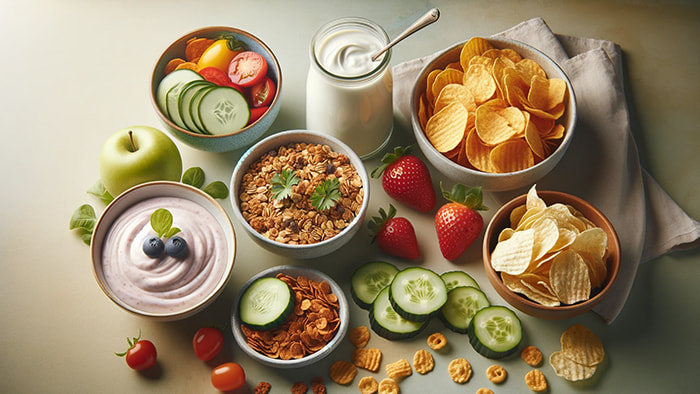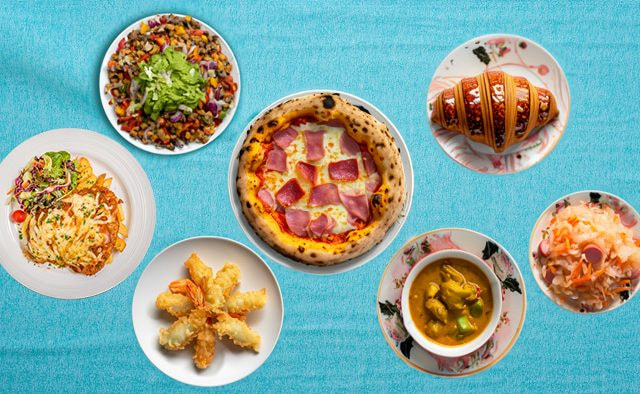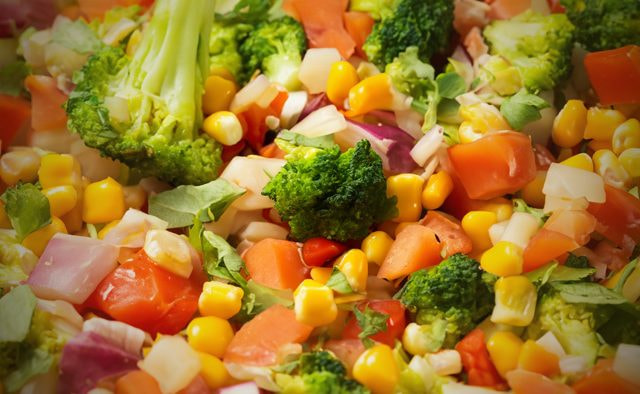In the grand theater of modern nutrition, where every food item seems to wear a costume of health claims, it can be downright challenging to distinguish the nutritious from the nutritional impostors. We’re bombarded with labels screaming “low-fat,” “sugar-free,” and “high in fiber,” but often, these foods are masquerading as healthful choices when, in reality, they are anything but. Learn how to make the right choice and check the 11 healthy foods that aren’t actually healthy.
1. Granola
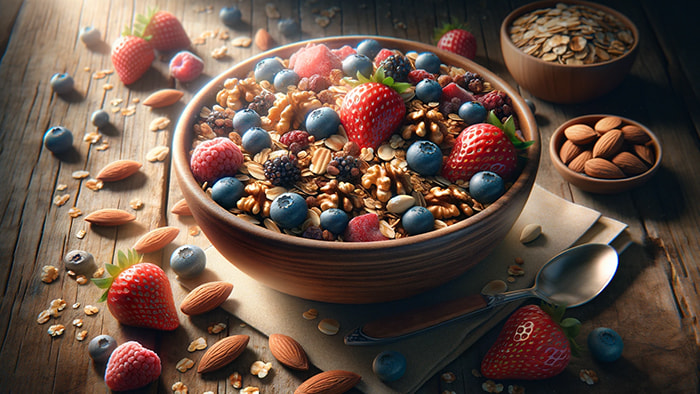
Granola has long been hailed as the quintessential healthy breakfast or snack, boasting its whole grains, nuts, and seeds. Yet, the hidden truth lies in its often excessive sugar content and added oils, transforming it from a healthful choice to a calorie-laden treat. This juxtaposition of perceived health benefits versus reality serves as a prime example of why reading labels is paramount in the quest for truly nutritious options.
Moreover, the flexibility of granola as a food item means it’s easy to overindulge. A small bowl can pack a hefty caloric punch, challenging the very notion of it being a light and healthy start to your day. Opting for homemade versions, where you control the sugar and fat content, can reclaim granola’s status in your diet as a genuinely healthful option, tailoring it to your nutritional needs.
2. Veggie Chips
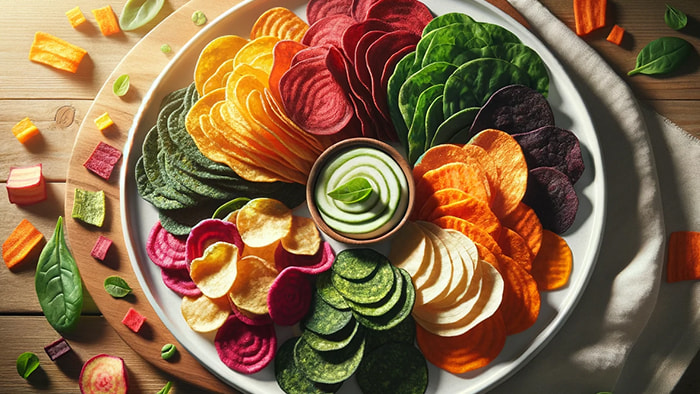
Veggie chips, with their vibrant colors and vegetable-infused branding, promise a healthier alternative to their potato-based cousins. However, the reality is that these crunchy snacks often contain minimal actual vegetables, relying instead on vegetable powders and starches. This composition strips them of the nutritional value we expect, leaving us with a product that’s high in sodium and potentially fats but low in the benefits of real vegetables.
The allure of veggie chips as a guilt-free snack is hard to resist, but understanding their nutritional makeup is crucial. Instead of offering the fiber and vitamins found in fresh vegetables, they offer a snacking experience closer to traditional chips than many might hope. For those seeking the crunch without the compromise, turning to raw vegetables with dips or making baked vegetable chips at home could be a healthier and more nutritious alternative.
3. Agave Syrup
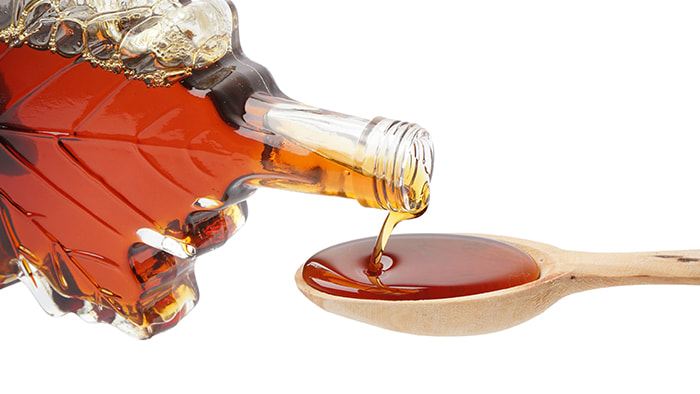
Agave syrup, often marketed as a natural and healthier sweetener alternative, has seduced many health-conscious consumers. Its low glycemic index is appealing, suggesting it’s a better option for blood sugar management. However, this sweetener is high in fructose, exceeding the levels found in many other sweeteners, including table sugar. High fructose consumption can lead to insulin resistance and other metabolic issues, overshadowing its health benefits.
While it’s tempting to see agave syrup as a golden elixir in natural sweeteners, its nutritional profile suggests caution. Overreliance on agave for its low glycemic properties without considering its high fructose content could inadvertently contribute to health problems down the line. Balancing sweetness with health benefits requires looking beyond glycemic index values and considering the full nutritional impact of our choices.
4. Flavored Yogurt
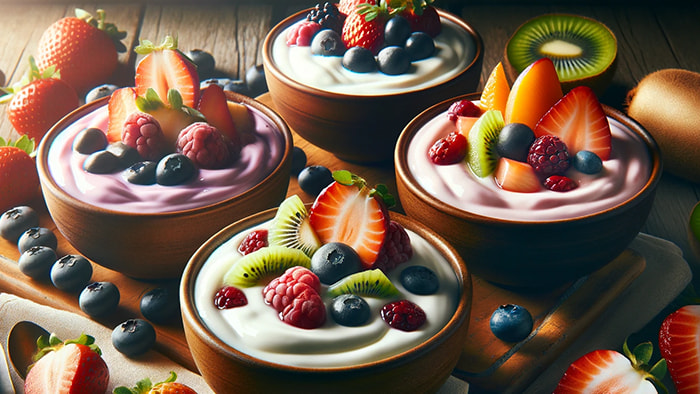
Flavored yogurt often finds its way into shopping carts under the guise of being a healthy, probiotic-rich snack. However, the added sugars and artificial flavorings in many commercial flavored yogurts can turn what could be a nutritious choice into a dessert. These additives can significantly increase the calorie content and reduce the health benefits, making it less of a wholesome snack and more of a sweet treat.
To retain yogurt’s health advantages without the unwanted sugars, opting for plain Greek yogurt and adding fresh fruits or a drizzle of honey is a smarter choice. This way, you control the sweetness and avoid excessive sugars, ensuring you get all the probiotic benefits without the dietary pitfalls. It’s a simple switch that can have a profound impact on your nutritional intake.
5. Diet Soda

Diet soda, often chosen for its zero-calorie label, might seem like a smart swap for its sugar-laden counterparts. Yet, this fizzy beverage is far from a healthy drink. Artificial sweeteners, such as aspartame, found in diet sodas, have been linked to various health issues, including negative effects on metabolism and gut health. These sweeteners can trick the body into reacting as they would to real sugar, leading to cravings and potentially weight gain.
The allure of diet soda as a guilt-free pleasure masks the potential risks it poses to long-term health. Rather than aiding in weight management, diet soda consumption may contribute to the problems it seeks to avoid. Healthier alternatives include water infused with fruits or herbal teas, offering hydration without the pitfalls of artificial sweeteners.
6. 100-Calorie Snack Packs
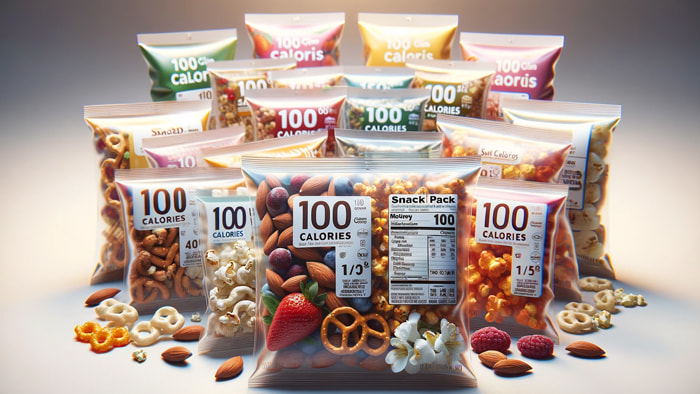
The concept of 100-calorie snack packs is brilliantly simple: enjoy your favorite treats in moderation without the hassle of measuring or second-guessing. On paper, they’re the perfect antidote to overindulgence. However, the reality is slightly more complicated. These neatly packaged snacks often contain highly processed ingredients and lack nutritional value, making them less of a healthy choice and more of a clever marketing gimmick to keep you reaching for more.
Ironically, these portion-controlled packs can increase consumption as they may not be satisfying, prompting you to open another pack or two. Instead of fulfilling your snack craving, they can initiate a cycle of continuous snacking. For a truly satisfying and healthful snack, consider whole foods like fruits, nuts, or yogurt, which provide the energy you need and essential nutrients your body craves.
7. Spinach Wraps
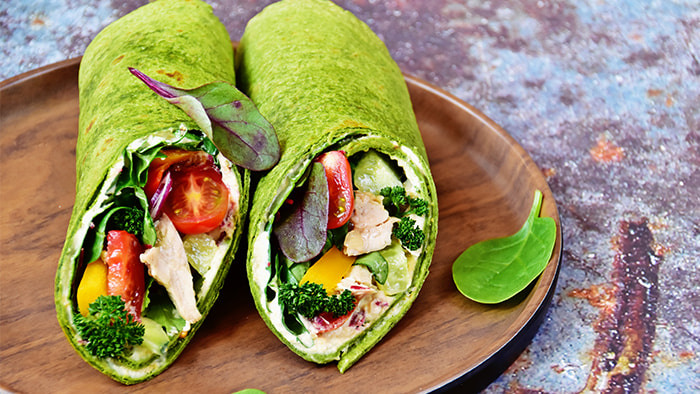
Spinach wraps are often chosen for their vibrant color and the illusion of a healthy, veggie-packed meal. But don’t let the green fool you; the actual vegetable content in these wraps is minimal. Most are made with refined flour, similar to traditional tortillas, and the green coloring is just that – coloring is often achieved with food dye rather than a significant amount of spinach. The nutritional advantage over a standard wrap is, unfortunately, quite negligible.
For those seeking the health benefits associated with spinach, incorporating actual spinach leaves into your meals is a far more effective route. Adding a handful of fresh spinach to a sandwich, salad, or smoothie is a simple way to boost your intake of vitamins and minerals. In contrast, relying on spinach wraps for your vegetable intake might leave you missing out on the nutrients you seek.
8. Sports Drinks

Sports drinks are often marketed towards the athletic and fitness-oriented, suggesting that they are the key to hydration and electrolyte replenishment after intense workouts. However, for the average exerciser, these brightly colored beverages may offer more sugar and calories than needed, undermining weight management or health goals. Their benefits are specific to those engaging in long-duration endurance activities, where electrolyte replacement becomes critical.
For most people, plain water or water infused with natural fruit flavors can provide adequate hydration without the added sugars and calories found in sports drinks. Considering the health implications of regular, high-calorie, sugary beverages, it might be worth reevaluating whether sports drinks are a necessary part of your fitness regime, especially for activities of moderate intensity and duration.
9. Muffins

Muffins often masquerade as a healthy breakfast option, with their fruit and nut fillings tricking us into thinking we’re making a nutritious choice. However, many store-bought and café muffins are essentially cake in disguise, packed with sugar and refined flour, and can be surprisingly high in calories. The addition of ingredients like high-fructose corn syrup and vegetable oils further diminishes their nutritional value, making them a less-than-ideal start to your day.
For those who can’t resist the comfort of a warm muffin, opting for homemade versions where you can control the ingredients is a smarter choice. By substituting whole wheat flour for white, reducing the sugar content, and adding real fruits or nuts, you can transform the muffin from a guilty pleasure into a genuinely healthful snack. This way, you still indulge in your muffin moment with a nutritional profile that better aligns with your health goals.
10. Gluten-Free Snacks
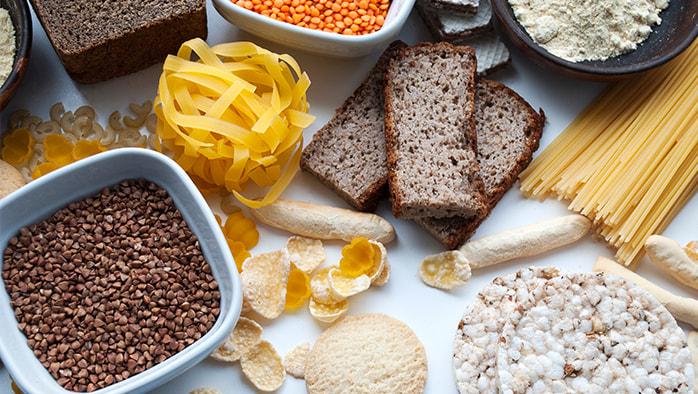
Gluten-free snacks have surged in popularity as more people adopt gluten-free diets for health reasons or personal preference. While removing gluten is essential for those with celiac disease or gluten sensitivity, many gluten-free products compensate for the lack of wheat with high amounts of sugar, fats, and artificial additives to improve taste and texture. This can turn seemingly healthy gluten-free snacks into calorie-dense foods with little nutritional benefit.
Choosing whole, unprocessed foods that are naturally gluten-free, such as fruits, vegetables, nuts, and seeds, is often a healthier option than packaged gluten-free products. When selecting processed gluten-free snacks, it’s crucial to read labels carefully and look for products with minimal ingredients and low added sugars and fats. This approach ensures that you’re not inadvertently consuming unhealthy substitutes in the name of going gluten-free.
11. Microwave Popcorn

Microwave popcorn is often seen as a convenient and relatively healthy snack option, thanks to its whole grain status. However, the bags in which they’re popped can contain harmful chemicals like perfluorooctanoic acid (PFOA), which is linked to several health risks. Additionally, the added butter flavorings often contain diacetyl, a compound associated with respiratory issues.
For a healthier alternative, air-popping your popcorn at home can avoid these additives and chemicals. It allows for control over the seasoning, making it possible to enjoy this snack in a genuinely health-conscious way. You can turn this classic snack into a nutritious treat without the unwanted health risks by choosing air-popped popcorn and adding your toppings.
Navigating the maze of modern nutrition, whether it’s unveiling the myths about organic food or “healthy” snacks, can feel like an endless quest. However, if you’re armed with the right knowledge, you can make choices that truly benefit your health. Remember, the key to a balanced diet is not just about avoiding certain foods but about creating a harmonious variety that satisfies your nutritional needs and taste buds.

